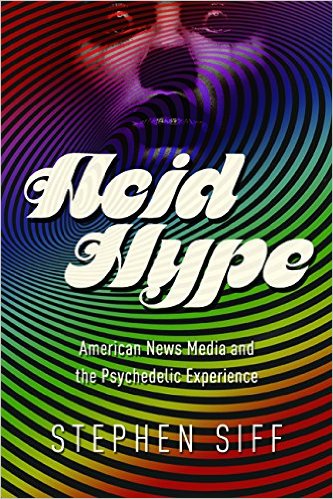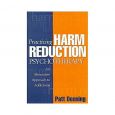This comprehensive narrative charts the psychedelics’ (mostly LSD) fall from grace after a “Midcentury fascination with LSD and the mystical, mind-expanding ‘psychedelic’ experience…” (Siff, Introduction). [ read more ]
Neal’s book Psychedelic Healing is a roadmap with a destination of the integration of Psychedelics into society. Along the way, Neal works to remove roadblocks preventing this, starting with the philosophical shift from psychology to psycheology weaving the soul (psyche is Greek for soul) back into the study of the core self. [ read more ]
The solution to addiction must be addressed through a transformation of society from one whose legal (and illegal) addictions are fueled by a free market philosophy to a society that recognizes the importance of meaningful psychosocial integration. The author outlines how this can be done politically, academically, and religiously.
[ read more ]
Volume II of Psychedelic Medicine provides an in-depth transpersonal perspective of how psychedelics may facilitate spiritual healing, as well as some of the contraindications to psychedelic use that need to be discussed. [ read more ]
This book will go a long way in providing balance in order to critically weigh information both favorable and critical of psychedelic substances. Despite political pressure, psychedelics are here to stay and current research cited supports the premise that there can be medical applications under controlled conditions. Even critics may find it difficult to deny use of these substances to those with psychological diagnoses resistant to treatment (e.g. PTSD) and those who suffer from chronic and intractable disease, such as cancer. Furthermore, the unsuccessful treatment of the social diseases of our times (i.e. addictions) opens the door to such an alternative treatment modality. [ read more ]
In Psychedelic Horizons, Dr. Tom Roberts sums up his fascination with psychoactives in the following words: “As an educational psychologist, I am grateful to psychedelics for teaching me that our minds function in many mindbody states.” The exploration of the concept of different mindbody states is one of the more intriguing theories in Dr. Roberts’ book. [ read more ]
Having read the reviews on Tatarsky’s Harm Reduction Psychotherapy, I was drawn to Denning’s book because it looked more like a “how to” text than a collection of case studies. This proved to be right, and the book is a good reference for those who need more of a “cookbook” approach. Denning’s approach, even when writing, is “clientcentered”. This book ... [ read more ]







